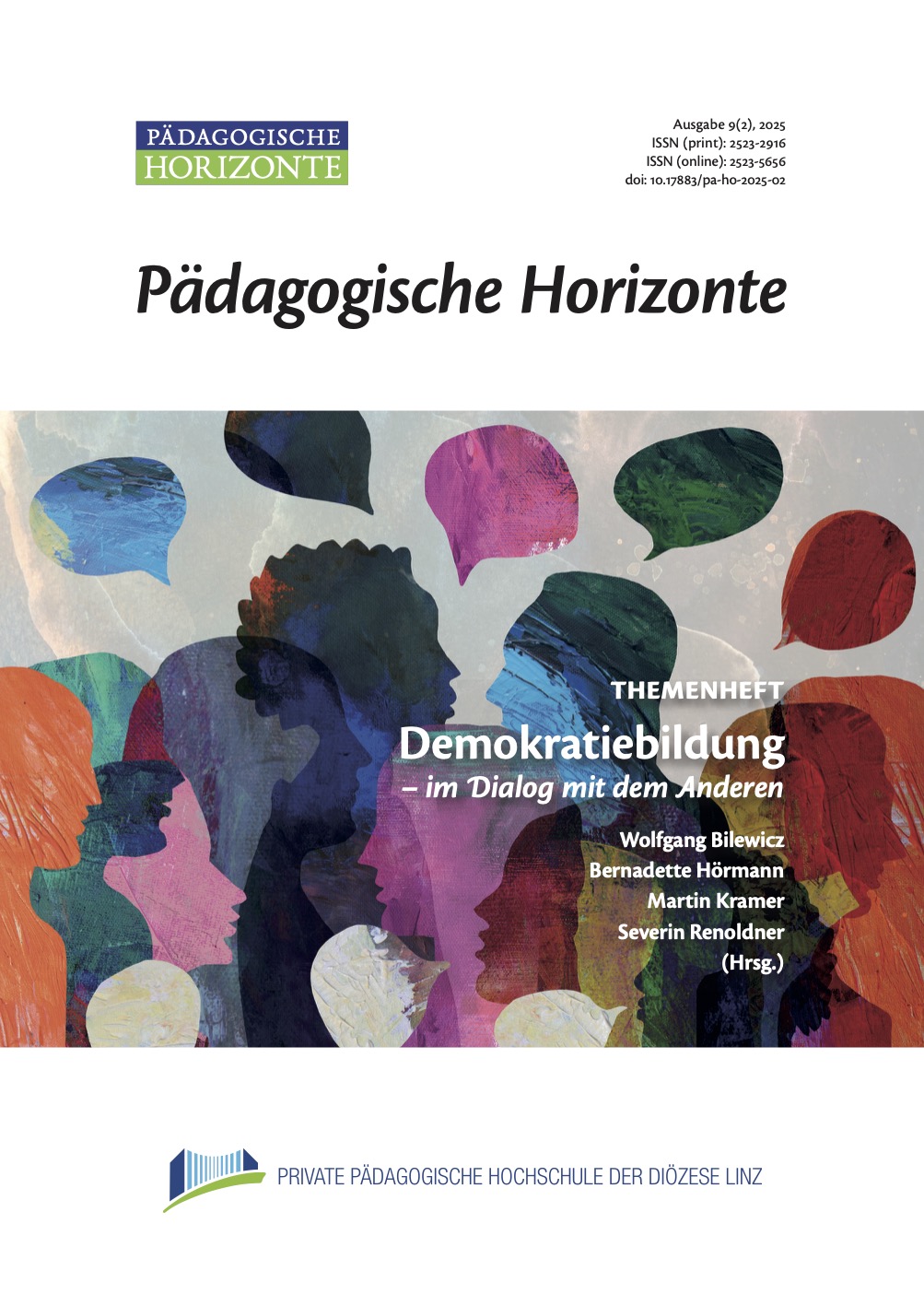CfP Themenheft "Retraditionalisierung von Geschlechterrollen"
2026-01-26
"Ihr Frauen, ordnet euch euren Männern unter!" – Die Retraditionalisierung von Geschlechterrollen und ihre gesellschaftlichen Auswirkungen.
Deadline Abstracts: 15. April 2026
Deadline fertige Beiträge: 30. September 2026


 ISSN 2523-5656 (Online) | ISSN 2523-2916 (Print)
ISSN 2523-5656 (Online) | ISSN 2523-2916 (Print)